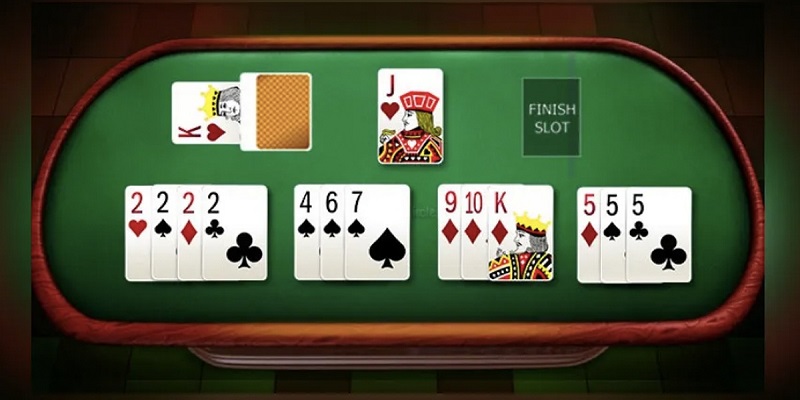The Madras High Court on Thursday overturned the state government’s ban on online games including online rummy and online poker. The Court upheld the Tamil Nadu Prohibition of Online Gambling and Regulation of Online Games Act, 2022 but ruled that its prohibitory provisions will apply only to games of chance and not to games of skill such as rummy and poker.
The All India Gaming Federation (AIGF), the apex industry body for online gaming in India was the lead petitioner in the case.
Hailing the court’s decision, All India Gaming Federation CEO Roland Landers said, “We are truly grateful for this landmark decision by the Hon’ble Madras High Court upholding the difference between games of skill and chance in line with over six decades of jurisprudence on the subject.”
He added, “By reiterating that online rummy and online poker are games of skill, this decision by the Madras High Court is yet another validation of what the online skill gaming industry has always maintained in relation to online skill games being a legitimate business activity protected under the Constitution of India. This also adds to a long line of judgments from the Supreme Court, Karnataka, Kerala and Madras High Courts upholding the legitimacy of such games.
Being the apex industry body for online skill gaming and the voice of the MSME gaming start-ups, we at AIGF believe that this decision will be a great boost for this sunrise sector and generate more certainty among investors and the gaming community at large and is a step in the right direction for this sunrise sector.”
BDO India indirect tax partner Payal Thaker commented, “This is a welcome decision, following the principle laid by the Supreme Court creating distinction between the game of skill and that of chance. For the historic period, RMG (real money gaming) companies had taken a stand to pay GST @ 18 per cent only on the platform fee in case of game of skill thereby distinguishing it from the game of chance which was subject to GST @ 28 per cent on the entire amount. The government contested this distinction and issued GST notices for differential tax amount of about one lakh crore. The Madras High Court decision, though issued in the regulatory context, will also have a positive bearing on the pending GST notices and cases. The industry would now hope that the Supreme Court would continue treating game of skill and chance independent of each other for the levy of GST as well.”


